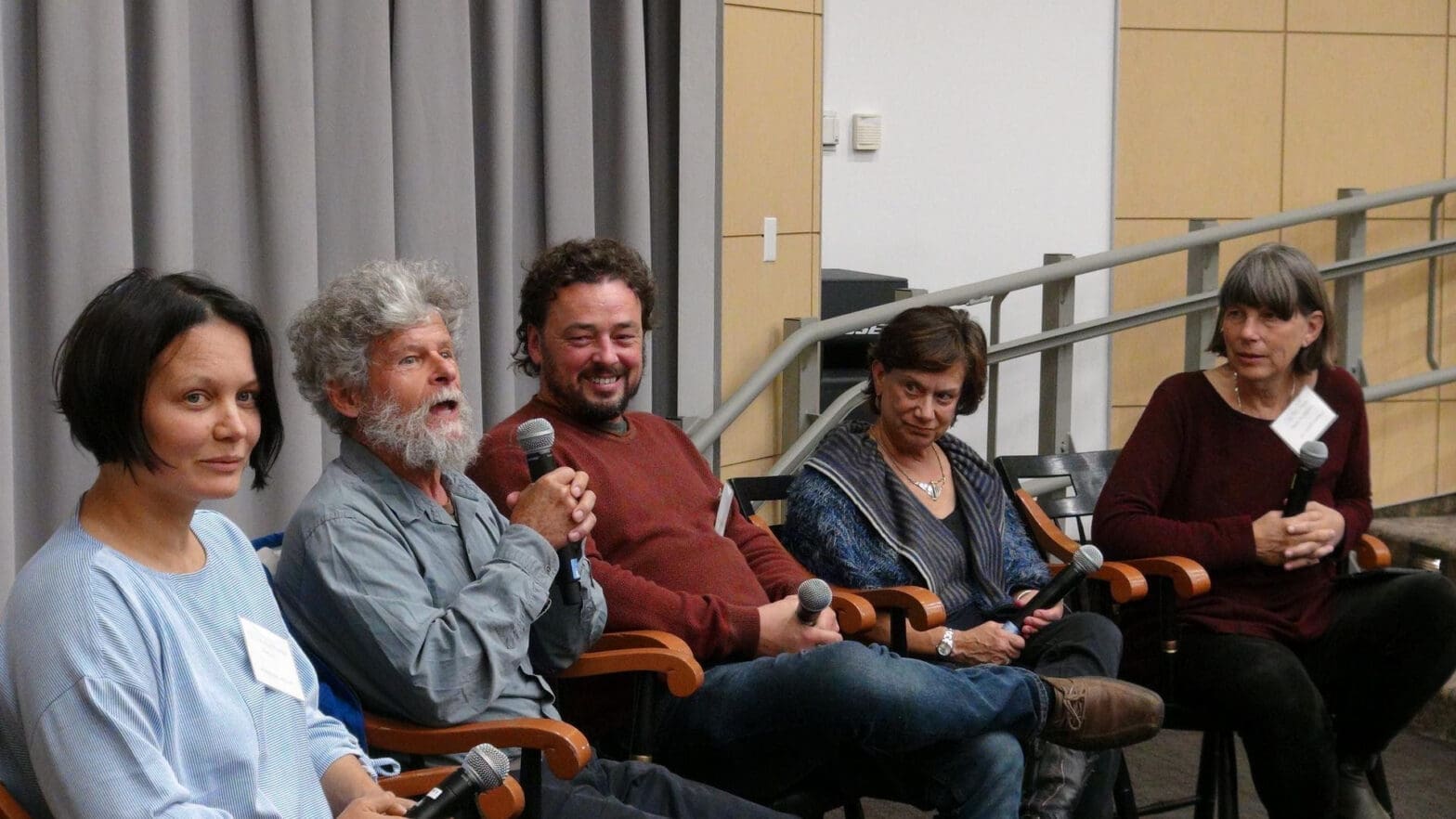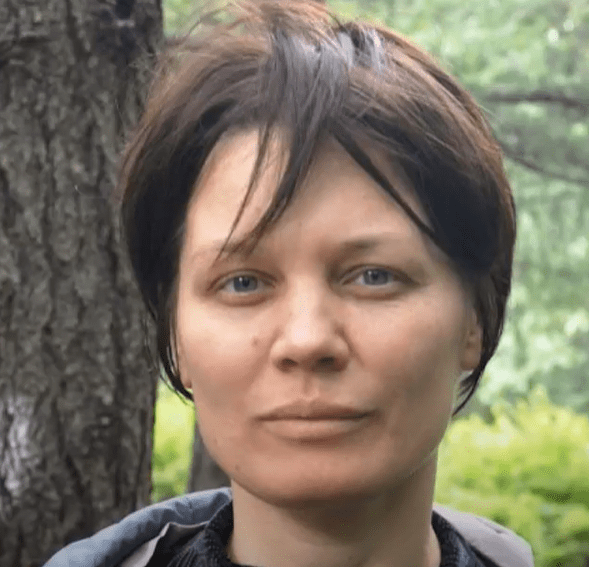We are excited to share with you the panel discussion from the Boston Premiere of the film Regenerating Life! It was such a full day with three parts to the film, interesting exhibitors, and reconnecting with friends, that it was difficult to take it all in at once.
You can share some of that excitement from our great panel of speakers, featuring:
- Moderator Didi Pershouse (Land and Leadership Institute), with panelists
- Tom Goreau (Marine biologist,Global Coral Reef Alliance),
- Dr. Anastassia Makarieva (Atmospheric Physicist, biotic pump co-formulator),
- Dan Kittredge (Farmer, Founder, Bionutrient Food Association) and
- Judith D.Schwartz (Environmental journalist and author).
Realizing that there were many topics in the film that could be their own 3 hour film, Didi started the conversation by asking the panelists: What would you like a little more time to talk about from the film? Didi also asked the panelists to share their long view of the situation and what they are focusing on looking forward.
One of the most interesting parts of the discussion to me (and they were all interesting) was hearing from the audience their questions and reflections. Over 25 participants had the chance to speak their questions for all of us to reflect on as the event wrapped up.
I hope you enjoy the panel discussion, and please feel free to add your questions in the blog comments and share resources you think are important.
Thank you for being a part of the most important climate conversation of our time!
Regenerating life together,
Beck
P.S. Connect with Bio4Climate and friends from OR this Saturday at the Redesigning our Communities conference featuring Richard Heinberg.
P.P.S. Yes, the film is available for purchase!! Follow the links from our film page.



